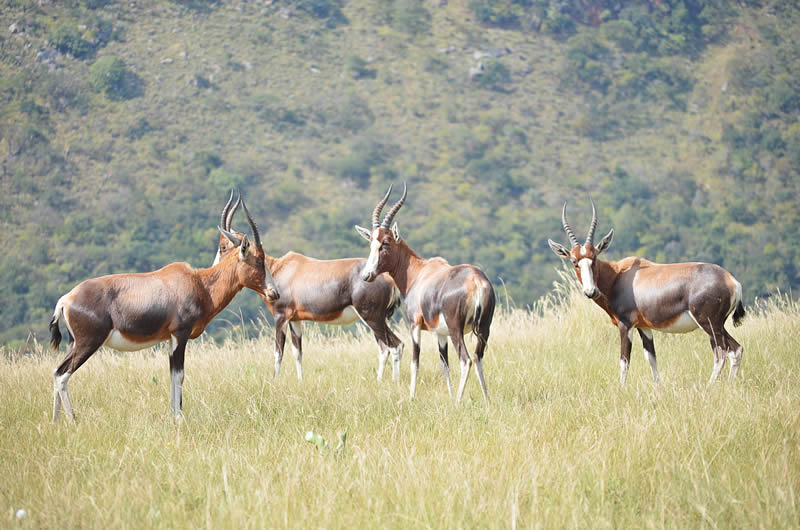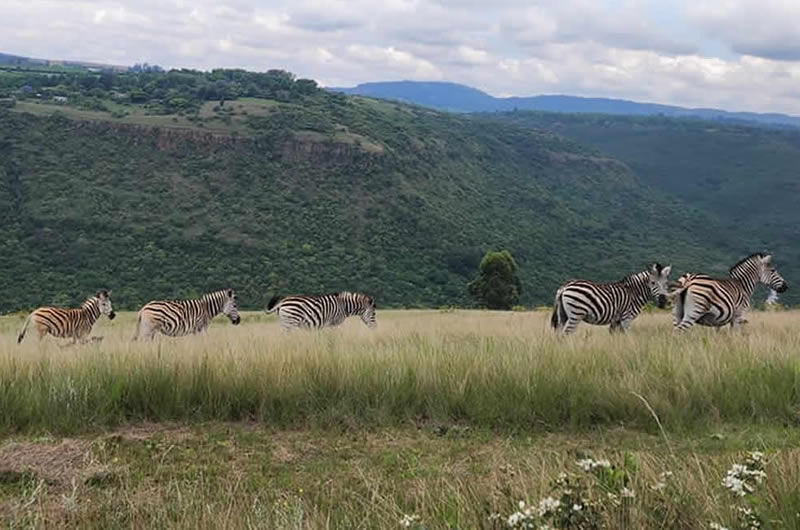Today, on World Ranger Day, WESSA joins the global community in acknowledging the courage, dedication, and sacrifice of rangers who stand on the frontlines of conservation. This international day of reflection, commemorated annually on 31 July, pays tribute to those who have lost their lives or been injured in the line of duty, while spotlighting the significant role rangers play in safeguarding our natural heritage.
Milestone
At uMngeni Valley Nature Reserve we’ve secured the funding to establish a dedicated Anti-Poaching Unit (APU) to protect the reserve’s fragile ecosystem and wildlife.

Responding to a growing threat
Located on the urban–rural fringe of Howick in KwaZulu-Natal, uMngeni Valley is home to a variety of indigenous antelope species and small carnivores that form part of a delicate ecological balance. But in recent years, these species have come under increasing pressure from subsistence and bushmeat poaching, including snaring, night-time incursions, and dog hunting.
Without urgent intervention, populations of bushbuck, duiker and reedbuck face collapse, with significant knock-on effects for predator-prey dynamics, vegetation control, and the quality of environmental education experiences we offer to thousands of learners each year.
Community-based solution
Thanks to approved funding, WESSA will now recruit and deploy two full-time rangers for a 12-month pilot period. These locally based rangers will be equipped and trained to carry out daily patrols, conduct snare sweeps, gather intelligence, and respond rapidly to poaching incidents. The unit will also work closely with local SAPS and community stakeholders to build a stronger, more collaborative approach to wildlife protection.
“This isn’t just a conservation milestone, it’s an investment in people, ecosystems and long-term resilience,” said Adrienne West, Head of Philanthropy & Resource Mobilisation.
Building for the future
This pilot Anti-Poaching Unit is part of a broader conservation vision for uMngeni Valley. Over time, WESSA aims to integrate the unit into a sustainable management model that combines protection, research, education, and community empowerment. Data gathered through the APU will also support advocacy for increased protection and open the door to reintroducing historically extirpated species.
On this World Ranger Day, we remember those we have lost and reaffirm our commitment to protecting those who carry the baton forward. We thank our partners and funders for their support in turning this vision into action.
Join us in standing with rangers
Support WESSA’s work in conservation and education by becoming a member, volunteering, or donating to our ongoing programmes. Because protecting the planet starts with protecting those who protect it.

